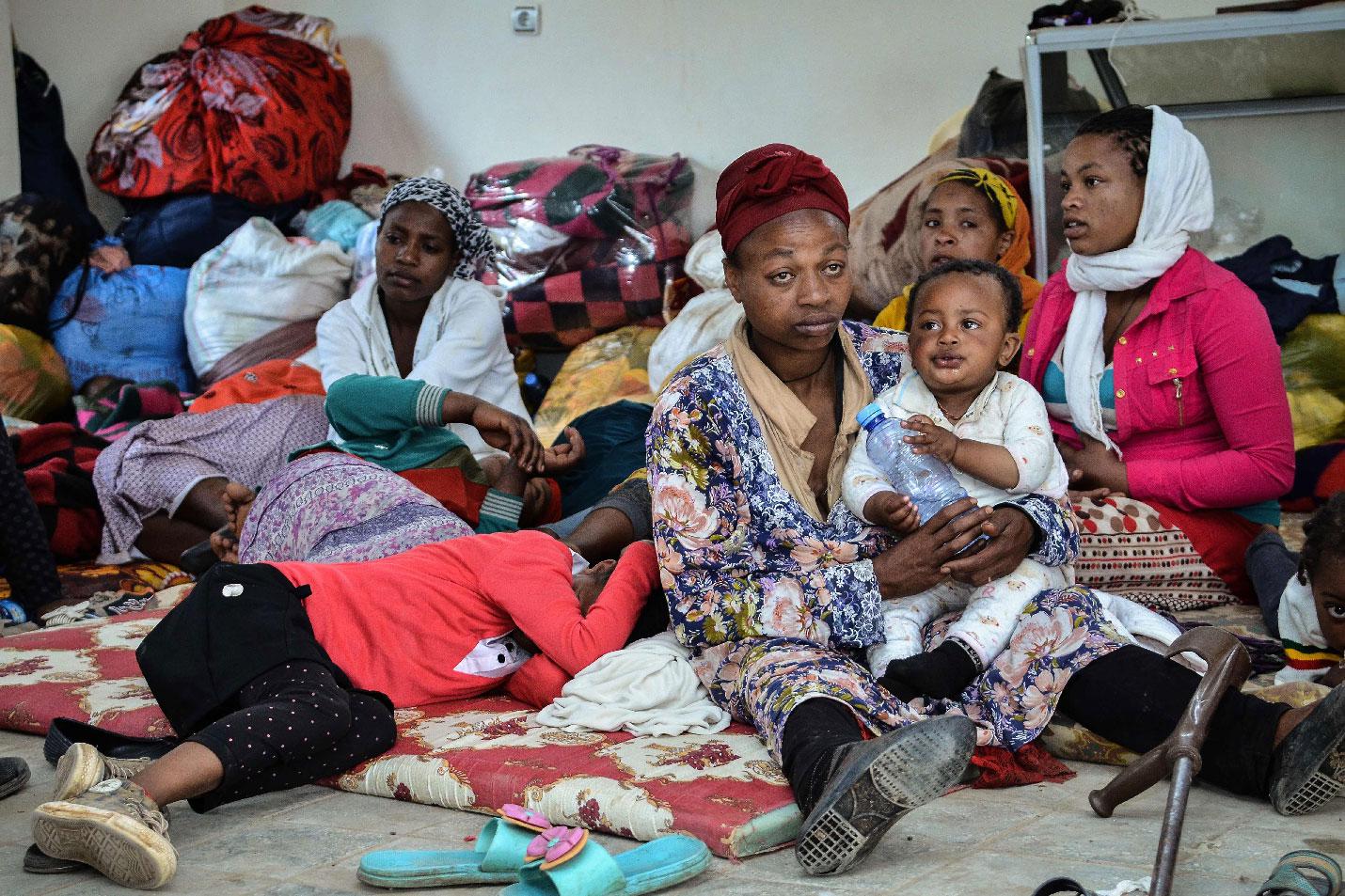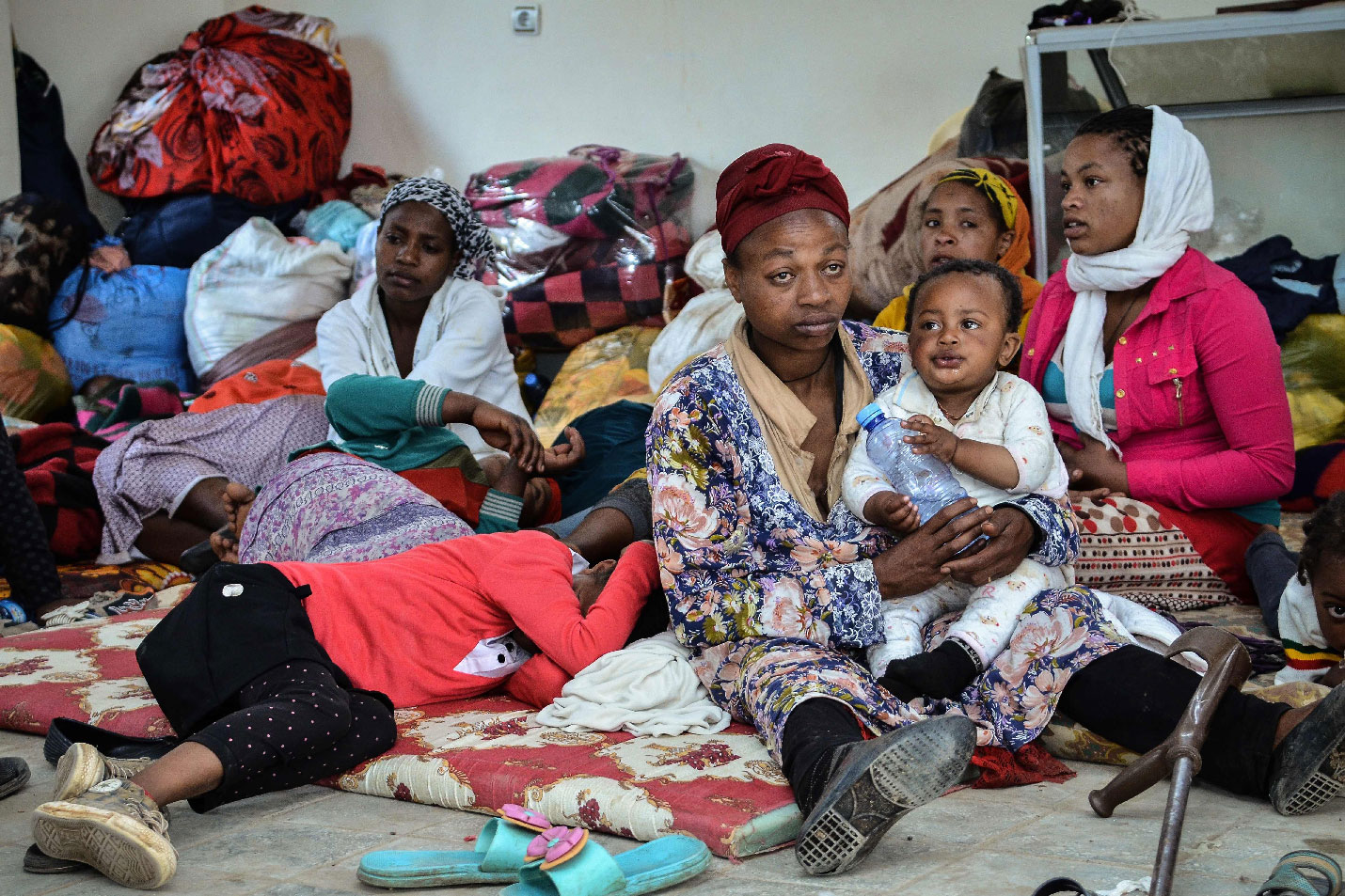Ethiopia's reforms challenged by deadly unrest
ADDIS ABABA - At least 58 people were killed during a weekend of ethnic violence targeting minorities in Ethiopia’s ethnic Oromo heartland, an Amnesty International researcher said on Wednesday, citing a figure more than double the government estimate of 23 dead.
Another source involved in the investigation, who saw and counted the corpses, said a total of 65 people had been killed, mostly in the city's western suburbs.
"The 65 cases are from Burayu, Ashewa Meda, Kolfe and Kirkos," said the source on condition of anonymity, referring to three western areas and one in the centre.
The victims were either stabbed or died after being beaten with sticks and rocks. None had been shot and the toll does not include five alleged looters killed by police on Monday.
Fisseha Tekle, a Nairobi-based researcher with Amnesty International, said he had compiled a similar tally of 58 dead.
Residents told Amnesty International they saw "eight dead bodies on Friday, 21 on Saturday, on Sunday they saw about 11 people and on Monday the number of dead bodies they've seen were 18," Fisseha said.
Government spokesmen could not immediately be reached for comment.
Local residents said at the time that shops were looted and people attacked by mobs of Oromo youth who stormed through streets targeting businesses and homes of ethnic minorities.
The violence began last week in the run-up to Saturday's return of the once-banned Oromo Liberation Front (OLF), a rebel group that returned to Ethiopia following political reforms introduced by Prime Minister Abiy Ahmed.
The OLF and two other organizations were removed from a list of terror groups earlier this year after Abiy took office, amid reforms to bring opposition groups back into the political fold.
The stunning political reforms are now threatened by long-standing ethnic tensions that have roared back to life.
Amid the unrest, Abiy's government appears to be reaching for security tactics whose unpopularity helped to bring down the previous government, while some Ethiopians who cheered Abiy's reforms now accuse him of being soft on the unrest.
Ethiopia since 1991 has been led by a ruling coalition and allied parties that hold every seat in Parliament and for years were accused by human rights groups of suppressing critical voices.
That grip on power slipped after anti-government protests that began in late 2015 in the Oromia and Amhara regions, home of the country's two largest ethnic groups. Abiy’s predecessor Hailemariam Desalegn resigned in February in the wake of the protests.
Ethnic-based conflicts mainly over scarce resources are common in Ethiopia, which is home to more than 80 ethnic groups, but now the communal violence is spiraling at a scale that alarms many. Abiy's appeals to peace and openness have not healed long-standing ethnic fractures between groups such as the Oromo and the Somalis.
Ethiopia’s Oromo, who make up about a third of the population, have long complained of being marginalized during decades of authoritarian rule by governments led by politicians from other smaller ethnic groups. In recent years the Oromo have been angered by what they see as encroachment on their land.
While some accuse "paid agents" of trying to paint a bad image of Oromo youth emboldened by Abiy's rise to power, others suggest some unrest is being orchestrated by groups in the ruling coalition that lost power when he took office.
Abiy is the first prime minister from the Oromo, which is Ethiopia's largest ethnic group.
Mobile internet service across Addis Ababa were blocked this week as citizens and rights groups pointed out hate speech against non-Oromo groups on social media. Many Ethiopians have expressed outrage over the alleged targeting of people based on ethnic identity.
Ethiopians have long expressed grievances over the country's federal structure that is largely based on ethnic lines and has been held together by the ruling coalition and its security forces.



